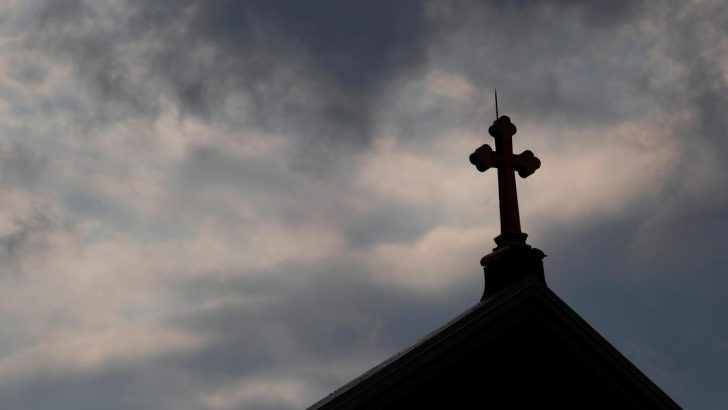Dublin Diocese has announced that priests are taking a 25% pay cut on already low salaries and that it is looking for one third of its 82 lay staff to take redundancies. Among those asked to consider redundancy are parish pastoral workers (see Page 4). The bishops’ conference in Maynooth is also cutting back on hours for its lay staff.
Now think about cutting lay workers but especially pastoral workers in Ireland’s largest Archdiocese for a moment. During Covid-19, churches were closed or open but with no Sacraments available; older priests were cocooning and the minority of fit and able priests who were already over-stretched running several parishes were trying to deal with Covid-19 funerals, sick calls and a myriad of other pastoral issues.
Apart from streamed Mass, the Church as we know it had essentially been cocooned. Some lucky parishes had parish pastoral workers, laity, who also tried to keep the parishes alive with online ministry to the most vulnerable while the churches were out of service along with many older clergy. The parishes were closed, but the parishes were very much alive and open because of the lay people and able clergy in the church and elsewhere keeping them going.
Vocations
With ageing clergy, little or no vocations, a seriously stretched younger priest cohort mostly tied up with sacramental demands, child protection and data protection paper work and finance meetings, pastoral workers are Dublin’s last hope at having an outreach to people and at a time when we are told that many people have rediscovered their prayer life and a sense of deeper meaning due to Covid-19. It might not be overly hyperbolic to suggest that now more than ever, the Church has an opportunity to preach the Good News and try to slow the tide of indifference to faith.
But Ireland’s largest diocese is slashing its lay staff and among those its front line pastoral workers.
Does anyone want to ask how did Dublin get to such a sorry financial state? Covid-19 has just sped up the mess that has been Dublin’s finances for years. Only two years ago, Dublin held the World Meeting of Families at a cost of millions.
Two years later, laity who have families to look after are being asked to take redundancy.
Yes the recession hit the collections, on top of falling numbers, so the Church is shrinking and finances declining. We’ve known that for decades. Covid-19 sped up this problem with church closures and the collections dropping off a cliff. But where were the reserves?
It’s a huge task and few will be fit for it or have the stomach for it”
Why was so much money spent on the World Meeting of Families two years ago if the Diocese couldn’t afford it? Why are the millions from the sale of Clonliffe ring-fenced for other projects and cannot be used to sustain parish pastoral worker jobs? What exactly are the priorities for the future and is any discussion of such fundamentals allowed?
There has been an abject failure at leadership level to tackle these issues and now the next Archbishop of Dublin is being handed a diocese that is heading towards financial bankruptcy and will have no choice but to close numerous parishes throughout the diocese and shrink it even more. It’s a huge task and few will be fit for it or have the stomach for it.
We mightn’t like it but it’s the stark truth and drastic times are ahead for the Dublin Diocese. The past three months have offered a glimpse into the future. It’s time for a Diocesan Synod to be held while there still is a diocese. Laity and clergy need to stand up and make their voices heard.
The alternative doesn’t bear thinking about.


 Michael Kelly
Michael Kelly